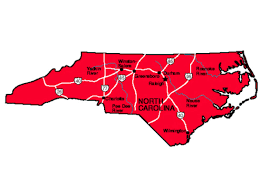Preventing local governments from reducing plastic waste is just one recent example of the many ways Republican lawmakers have used the state budget, theoretically a fiscal document, to weaken existing environmental regulations or prevent more.
Since taking power in 2011, GOP leaders have introduced dozens of environmental provisions in state budgets, rather than standalone bills. That includes 2023 provisions preventing North Carolina from joining a cap-and-trade program that could have limited greenhouse gasses released by the state’s power plants and stymieing Gov. Roy Cooper’s efforts to shift trucks across the state from diesel fuel to electric power.
Since 2017, state environmental officials have been grinding their way toward regulating these per- and polyfluoroalkyl substances, or PFAS. While scientists know of thousands, DEQ identified eight present here that it intended to regulate in ground- and surface water.
But in April, the N.C. Chamber, the state’s powerful business interest group, urged the N.C. Environmental Management Commission to slow down and conduct more research before approving rules for the substances. Much of Chamber President Gary Salamido’s argument to delay setting new limits focused on new drinking water rules the U.S. Environmental Protection Agency finalized this year for six of the eight PFAS the state is considering limiting.
He also pointed to the renewed Hardison Amendment, writing that regulators need to consider whether they are going further than the EPA’s rules.

